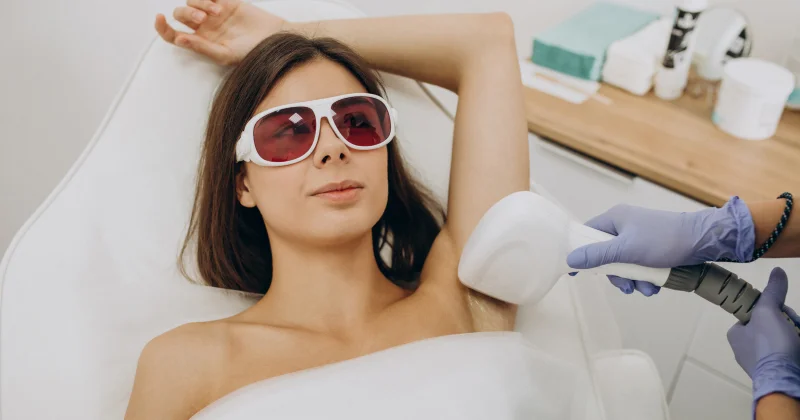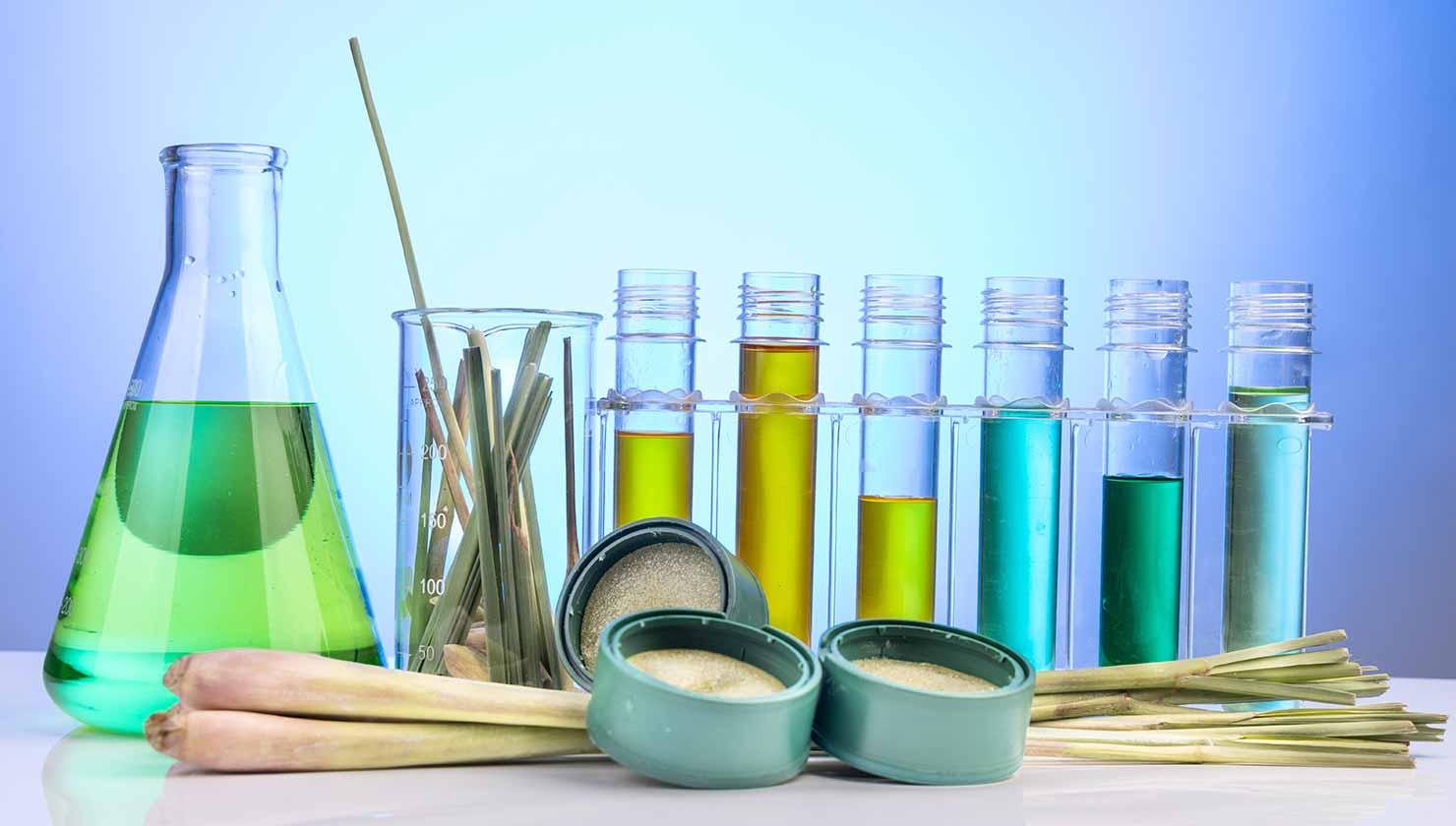The world of skincare products can be a maze of complex ingredients and lofty promises. Understanding what’s in your skincare products is essential to ensure they meet your skin’s needs and avoid potential irritants. This guide will help you decode common skincare ingredients, highlighting what to look for and what to avoid.
Beneficial Ingredients to Look For
1. Hyaluronic Acid
- Benefits: Hydrates by retaining moisture in the skin.
- Ideal For: All skin types, especially dry or dehydrated skin.
2. Vitamin C
- Benefits: Brightens skin, fades dark spots, and protects against environmental damage.
- Ideal For: Dull complexion, hyperpigmentation, anti-ageing.
3. Niacinamide (Vitamin B3)
- Benefits: Reduces redness, minimises pores, regulates oil production.
- Ideal For: Oily, combination, and sensitive skin.
4. Retinoids (Retinol, Retinyl Palmitate)
- Benefits: Promotes cell turnover, reduces wrinkles, improves skin texture.
- Ideal For: Ageing skin, acne-prone skin.

5. Alpha Hydroxy Acids (AHAs)
- Types: Glycolic acid, lactic acid.
- Benefits: Exfoliates dead skin cells, smooths skin.
- Ideal For: Dull, uneven skin tone.
6. Beta Hydroxy Acid (Salicylic Acid)
- Benefits: Penetrates pores to clear acne and blackheads.
- Ideal For: Oily, acne-prone skin.
7. Ceramides
- Benefits: Strengthens skin barrier, retains moisture.
- Ideal For: Dry, sensitive skin.
8. Peptides
- Benefits: Stimulates collagen production, improves firmness.
- Ideal For: Anti-ageing concerns.
Ingredients to Approach with Caution or Avoid
- Parabens (Methylparaben, Propylparaben)
- Concerns: Potential endocrine disruptors; may cause hormonal imbalances.
- Tip: Opt for paraben-free products when possible.
- Sulfates (Sodium Lauryl Sulfate, Sodium Laureth Sulfate)
- Concerns: Can strip natural oils, leading to dryness and irritation.
- Tip: Choose sulfate-free cleansers and shampoos.
- Fragrances (Synthetic Fragrances, Perfume)
- Concerns: Can cause allergic reactions and skin irritation.
- Tip: Look for “fragrance-free” or products scented with natural essential oils.
- Parabens (Methylparaben, Propylparaben)
- Concerns: Potential endocrine disruptors; may cause hormonal imbalances.
- Tip: Opt for paraben-free products when possible.
- Sulfates (Sodium Lauryl Sulfate, Sodium Laureth Sulfate)
- Concerns: Can strip natural oils, leading to dryness and irritation.
- Tip: Choose sulfate-free cleansers and shampoos.
- Fragrances (Synthetic Fragrances, Perfume)
- Concerns: Can cause allergic reactions and skin irritation.
- Tip: Look for “fragrance-free” or products scented with natural essential oils.
- Alcohols (Denatured Alcohol, Isopropyl Alcohol)
- Concerns: Drying and irritating to the skin.
- Tip: Fatty alcohols like cetyl or stearyl alcohol are generally safe and moisturising.
- Phthalates (Dibutyl Phthalate, DEP)
- Concerns: Potential endocrine disruptors linked to reproductive issues.
- Tip: Often found in fragrances; check labels carefully.
- Formaldehyde and Formaldehyde Releasers (DMDM Hydantoin, Quaternium-15)
- Concerns: Known carcinogen; can cause allergic reactions.
- Tip: Avoid products containing these preservatives.
- Mineral Oil and Petroleum
- Concerns: Can clog pores, though purified forms are generally safe.
- Tip: If prone to acne, opt for non-comedogenic alternatives.
How to Read Labels Effectively
- Order Matters: Ingredients are listed in descending order by concentration.
- Active Ingredients: Look for key actives that address your skin concerns.
- Allergen Awareness: Be mindful of ingredients you’re allergic or sensitive to.
- Certification Seals: Look for seals indicating organic, cruelty-free, or dermatologically tested products.
Tips for Selecting Products
Patch Test: Test new products on a small skin area to check for reactions.
Simplify: Choose products with fewer ingredients to reduce the risk of irritation.
Consult a Professional: Seek advice from a dermatologist or skincare expert for personalised recommendations.
Conclusion
Understanding skincare ingredients empowers you to make informed choices that benefit your skin’s health and appearance. By knowing what to look for and what to avoid, you can select products that are effective and safe, tailoring your skincare routine to meet your specific needs. Remember, knowledge is the first step towards achieving your best skin.
At Monaz Clinic, we’re passionate about guiding you on your journey to radiant, healthy skin. We hope these articles provide valuable insights and practical tips you can incorporate into your daily routine.
For personalised advice and professional treatments tailored to your unique needs, don’t hesitate to contact us. Your natural beauty is our inspiration.




